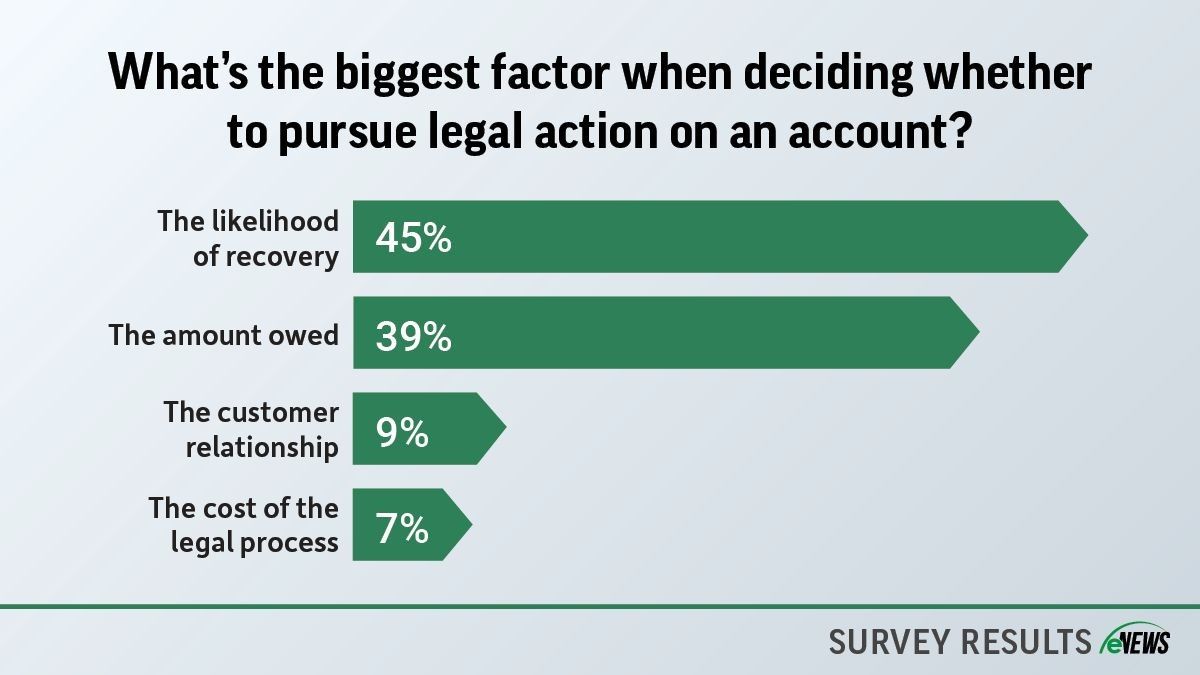eNews, Technology
The impact of private equity ownership on credit risk

Private equity (PE) refers to investments made into private companies by partnerships, which buy, manage and sell these companies. These partnerships, known as private equity firms, run these investment funds for institutional and accredited investors.
Why it matters: Understanding the role of private equity groups can help predict potential credit risks and inform investment decisions for both institutional and accredited investors.
Pros of private equity
- Access to capital: Private equity groups grant companies access to capital that it may not be able to raise on its own.
- Scaling quickly and efficiently: PE firms can help companies scale quickly and efficiently as they typically have a lot of experience growing businesses.
- Experienced partners: PE firms can provide valuable resources and advice to businesses on how to scale effectively.
- Potential for high returns: Because private equity groupstypically invest in businesses with high growth potential, it has the potential for high returns on investment.
- Improved valuation: PE firms increase the value of the company they invest in.
What they’re saying: “If you’re selling to a private equity owned company, that PE sponsor gives you another level of comfort that you may not have,” said Martin Zorn, managing director, risk research and quantitative solutions at SAS Institute Inc. (Honolulu, HI). “That changes your role because you’re not only researching your customer, but you’re also researching who the private equity partner is that’s backing your customer.”
Cons of private equity
- Lack of liquidity: Unlike publicly traded stocks and bonds, private equity investments are not easily converted to cash. This can make it difficult for investors to exit their position if they need to do so.
- High fees: Fees charged by PE firms can diminish returns, making profit realization challenging for investors. Moreover, the substantial initial investment needed for private equity groups may be too expensive for many, leading to significant company debt.
- Illiquid and highly risky: PE groups boost risk and illiquidity, hindering investors’ return generation, even with successful underlying companies.
- Conflicts of interest: Private equity firms, due to their ownership and control over companies, may make decisions that don’t serve the company or shareholders’ best interests. For instance, they might sell a company below its actual worth for immediate profit.
- Concentration risk: Private equity groups, with their penchant for acquiring companies across various industries, can inadvertently increase concentration risk for credit managers. This heightened concentration can leave credit portfolios vulnerable to industry-specific downturns or economic shocks, amplifying the potential impact of credit defaults or market volatility.
What they’re saying: From a credit risk standpoint, selling to a private equity company implies credit risk on both the investment side and business side.
“Most times, they drain the cash out of the company, which leads to risk of not reinvesting,” said Narci Munoz, CICP, director, customer financial services at Carlisle Construction Materials, LLC (Carlisle, PA). “You have to look into how the company is leveraged and the amount of goodwill that goes into that leverage in exchange for owner’s equity. In addition, you’re not getting financials from the PE firm, and the company doesn’t really tell you whether it is owned by a private equity group or not.”
The risk of granting credit to an account owned by a private equity company depends on the ownership and structure. “I’ve seen accounts handled in several different ways,” said Sandra Logan, credit and collections manager at Stanton Carpet Corporation (Calhoun, GA). “A lot of times, the people at the stores are not aware the company they work for has been purchased. There seems to be a lack of communication throughout stores that have been purchased by a private equity group. The employees at the stores continue to order goods from vendors.”
The only way the credit departments are made aware that there’s been an ownership change is when collection issues arise, Logan said. “When calling the stores, the credit analysts are told the folks at the stores no longer handle payments to vendors.”
Larry Hoo, senior credit analyst at Vinmar Chemicals and Polymers B.V. (Hoofddorp, Netherlands), says that because PE firms are reluctant to provide financials, he does additional research on them and the companies they’ve acquired. He searches for:
- How long the PE firm has been established.
- What type of companies they are buying and managing but also how much they invested in the companies, and which markets they’re in.
- Cash flow from the company they own, as well as what they’re looking for in return from this company and what time frame they’re expecting to get the return.
- If they have had any redundancies or if they have changed management.
- How long they intend to stay with the company. “In my experience, it generally lasts between five to seven years,” Hoo said.
According to Preqin Pro, the average holding period for buyouts among U.S. and Canadian private equity funds spiked to 7.1 years in 2023 as of Nov. 15, the longest hold since at least 2000.
What’s next: “Private equity is a fast-growing part of the alternatives market and direct lending is the fastest-growing part of that asset class,” Zorn said.
A McKinsey and Company report showed that private markets assets under management totaled $13.1 trillion as of June 30, 2023, and have grown nearly 20% per annum since 2018.
The bottom line: Private equity presents both opportunities and risks; it offers companies access to capital, potential for high returns and experienced partners while posing challenges such as lack of liquidity and transparency.





